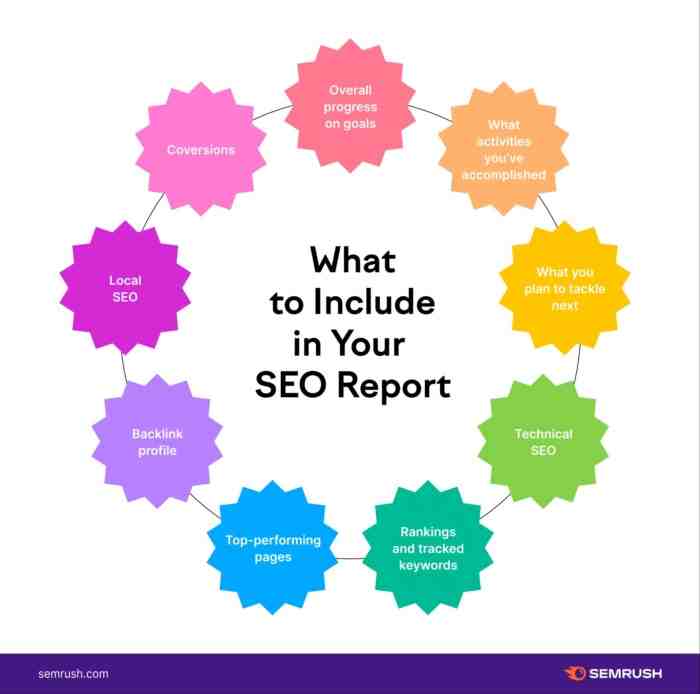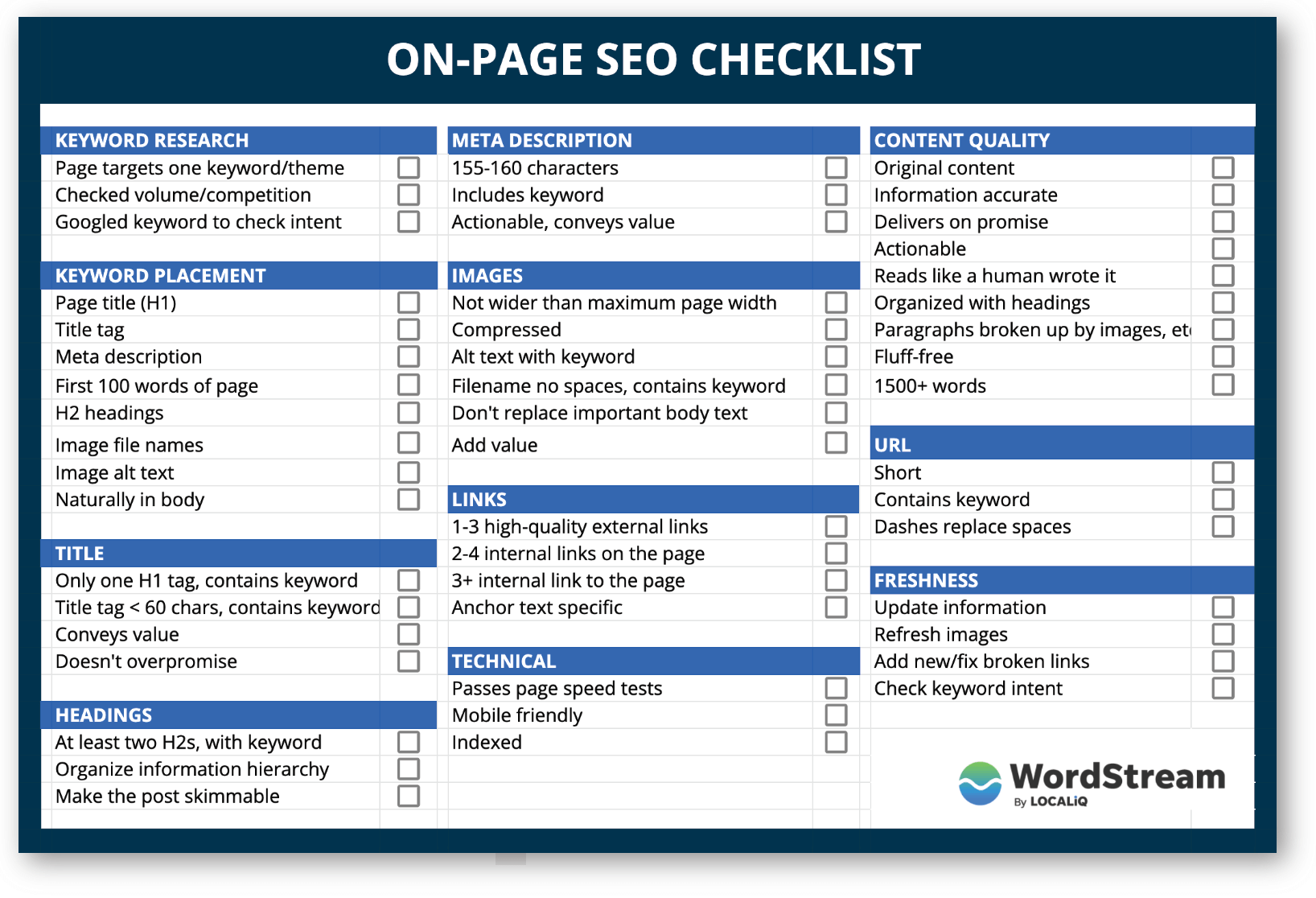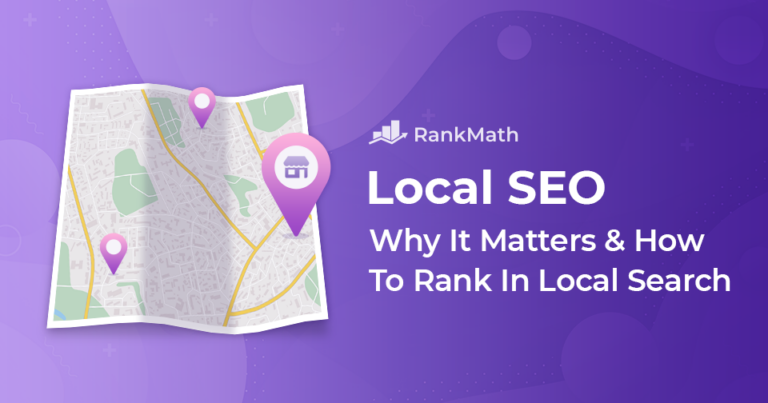Local SEO Checklist 2022: 5 Key Factors to Maximize Reach
According to statistics, almost a third of all online consumer searches are for local businesses. In addition, a third of all Google searches are queries about local information.
As a business with a physical presence in a specific geographic region, ranking these search queries can be a huge source of business. But ranking in local search results will require you to nail down your local SEO strategy.
But don’t worry, as this post highlights five factors you might want to focus on to maximize your local reach.
Have a Strong Website Foundation

Your website is the foundation of local SEO. Without a good website as a foundation, no level of content optimization will yield the desired results.
One area of your website that you may want to pay attention to is responsive design. A responsive website performs well regardless of the device used to view it, which is a critical ranking factor for Google.
In addition to having a responsive design, you’ll also need to work on your website speed, URL structures, and internal linking.
Get Professional Help

While maximizing your reach in local results may seem easy on paper, it may not be so simple when you do it in practice. Also, you may not have time to work on your site’s SEO and run the business simultaneously.
So you can consider hiring a local SEO agency. For example, if you have a physical location in Dallas, you can ask a local agency to refine your strategy for the best results.
A local Dallas agency is best suited to navigate the local market because they understand it best.
Optimize Your Google My Business Profile
Google Business Profile, formerly Google My Business, is a crucial local SEO tool available to local businesses. This free Google service allows businesses to set up a profile with their contact information, location and customer reviews.
If you have yet to create a profile, you should set one up right away and make sure it’s well optimized. A good way to do this is to make sure all the information you’ve entered is accurate, from business hours, phone numbers, business websites and physical addresses.
Also, try to fill out all sections of your profile to ensure your audience gets as much information as possible from your profile. You may also need to upload a relevant image, for example the building you are in.
Identify and Incorporate Local Keywords

When ranking for local searches, it’s essential to identify the keywords you want to rank for. Keywords are phrases that Internet users type into search engines when looking for information online.
For example, a homeowner with a plumbing problem in Dallas might write “the best plumber in Dallas.” Therefore, when creating content for your Dallas plumbing business, we recommend that you make sure you use these keywords in your content to rank in Google results.
There are two main types of keywords; short tail and long tail keywords. Short-tail keywords like “Plumbing Dallas” will be more competitive and your chances of ranking as a small business may be slim.
So, use longer keywords like “experienced plumbing in Dallas”. Long-tail keywords are less competitive, increasing your chances of ranking in search results.
Encourage Customer Reviews

Your Google Business Profile has a section where customers can leave reviews. Google takes these reviews into account when ranking businesses for local searches, so we recommend collecting as many reviews as possible.
The best way to get good reviews is to ask happy customers to leave a review. Often, happy customers will be more than willing to do you this favor.
It’s also important to note that not all reviews will be positive. Unhappy customers can also leave bad reviews, hurting your business and consequently your Google ranking. However, how you handle bad reviews is also important because Google takes this into account when ranking your business.
Author Biography: Innovation & Tech Today features a wide variety of writers on technology, science, business, sustainability and culture. Do you have an idea? Send it to submit@innotechtoday.com
What are the key elements of on page optimization?
12 Essential On-Page SEO Factors
- E-A-T.
- Keywords.
- SEO writing.
- Visual assets.
- Title tags.
- Meta description.
- Image optimization.
- Geotagging (for local search)
What elements are on page SEO? On-page SEO refers to the SEO elements you control on the web page, or in the code of the web page. Examples of on-page SEO include content, titles and headers, image optimization, title tags, meta descriptions, structured data, and more.
Who benefits from local SEO?
The most obvious benefit of search engine optimization in general is the ability to increase your search rankings on Google and other search engines. Every business, local or not, wants this #1 spot because it has the best chance of attracting new website visitors.
Who benefits from local SEO and why? With local SEO, you are increasing your brand credibility by generating potential leads and sales. 75% of users never go beyond the first page of Google. It means that focusing on people who are already interested in what you sell can give you great awareness and visibility online.
Why local SEO is important?
Benefits of Local SEO Better Online Visibility: Local SEO activity, such as citation and link building, increases your online visibility. This makes your business easier to discover for new customers. More in-store foot traffic: Greater local visibility brings more foot traffic to your brick-and-mortar location.
Who benefits from local SEO & Why?
With local SEO, your business gains more visibility as it is found by the right people who are interested in your product at the right time. When your business is more visible, that means more profits, sales, and even relevance.
Why is local SEO important for business?
Local SEO allows you to put important information about your site online, such as your business address and phone number. Additionally, you can highlight and promote the type of products or services you offer on your website using SEO techniques.
What is local SEO and why is it so important?
Local SEO is a search engine optimization (SEO) strategy that helps your business become more visible in local search results on Google. Any business that has a physical location or serves a geographic area can benefit from local SEO.
Who should use local SEO?
Any business that has a physical location or serves a geographic area can benefit from local SEO. If you search Google for some important keyword related to your business and a map with 3 listings below it (also known as a map pack) appears, local SEO can help you grow your business.
Why should I opt for local SEO services?
One of the main benefits of local SEO is that it improves your search positions so you can gain more visibility and, as a result, trust. This is because when you optimize your content for a specific area, it tells Google that your business is local and that you are relevant to queries made in your location.
Who benefits from local SEO?
The most obvious benefit of search engine optimization in general is the ability to increase your search rankings on Google and other search engines. Every business, local or otherwise, wants this #1 spot because it has the best chance of attracting new website visitors.
What is technical SEO checklist?
Technical SEO is an integral part of any SEO strategy, which is why the site must comply with all search engine recommendations. The technical audit checklist includes multiple aspects to analyze and classify the technical parameters of the content and structure of the website.
What does technical SEO mean? Technical search engine optimization (SEO) refers to the tactics involved in creating and optimizing a website so that it can be easily crawled, indexed and displayed by search engines. Technical SEO is only one piece of the whole SEO puzzle.
What is technical SEO and on-page SEO?
As Neil Patel explains, technical SEO refers to any SEO work that is done apart from the content itself. Meanwhile, on-page SEO means all the things you can do on your website/content, while off-page SEO naturally means everything beyond that.
What is the technical SEO?
Technical SEO refers to website and server optimizations that help search engine spiders crawl and index your site more effectively (to help improve organic rankings).
What are the 3 types of SEO?
There are three main types of SEO: Internal SEO (on-page SEO) External SEO (off-page SEO) Technical SEO.
What is the difference between technical and content SEO?
So what’s the difference? Simply put, technical SEO is about improving the technical side of your website, such as site speed and loading errors. Content SEO refers to improving the content, such as blog posts, on your website pages. Both of these SEO strategies help your website appear higher in Google search results.
What kind of business can use local SEO?
Businesses that provide medical services, such as doctor’s offices, dental offices, and urgent care clinics, are perfect for local SEO. Aside from creating a phenomenal website, there are many things these specialists can do to increase their rankings.
What is local SEO for small businesses? Local SEO means optimizing your business website so that it ranks higher in the map listings on search engines like Google. This way, your local target audience is more likely to see your website when they use relevant search terms.
Why small businesses Need local SEO?
A successful local SEO campaign will help your business because: Local SEO increases your website’s ranking in search results and in the local pack. Receive the highest conversion rates of all local advertising channels. Increase your online visibility, especially to neighboring customers.
Who benefits from local SEO & Why?
With local SEO, your business gains more visibility as it is found by the right people who are interested in your product at the right time. When your business is more visible, that means more profits, sales, and even relevance.
What is the benefit of local SEO?
Local SEO helps increase online visibility to get noticed by new customers. Google Maps and Google My Business optimization can generate more direct calls, leads and sales. Optimizing your website for localized terms means you’ll attract targeted traffic and better leads.


